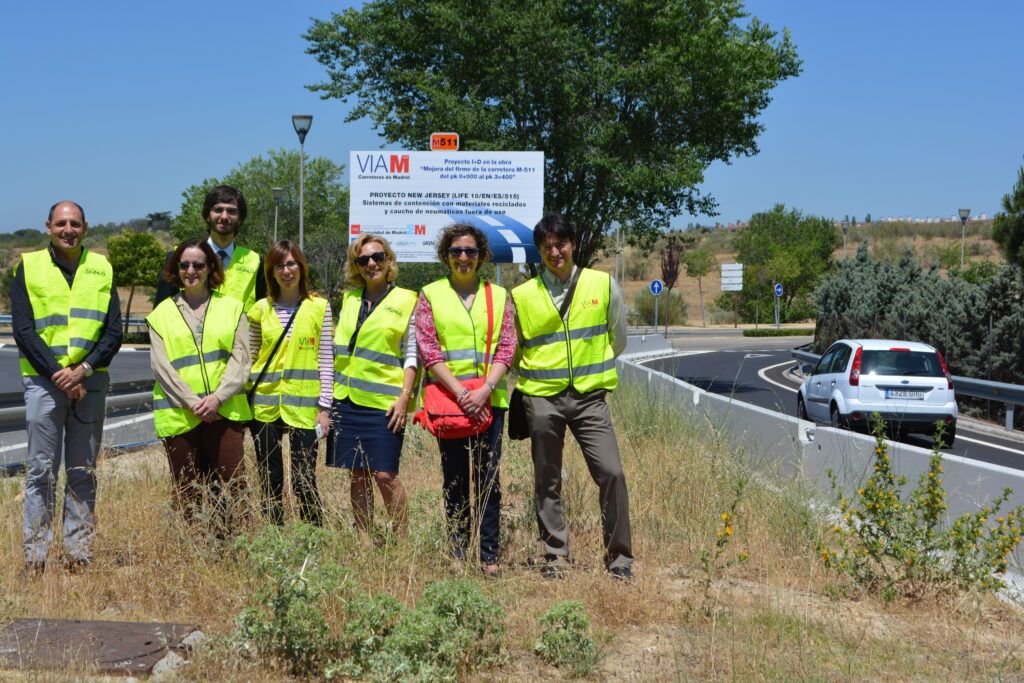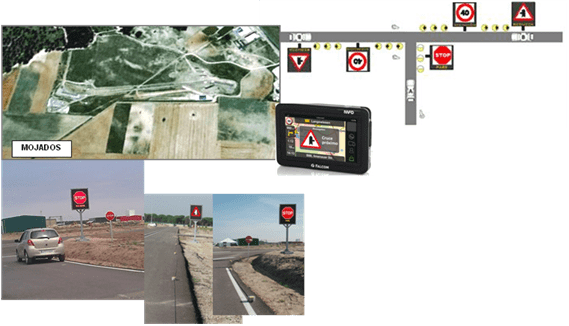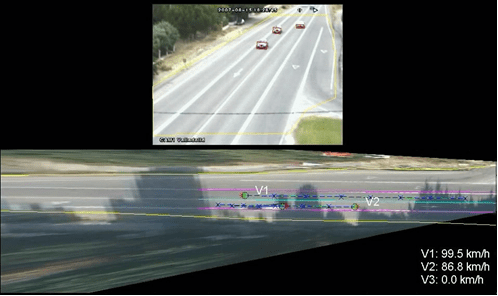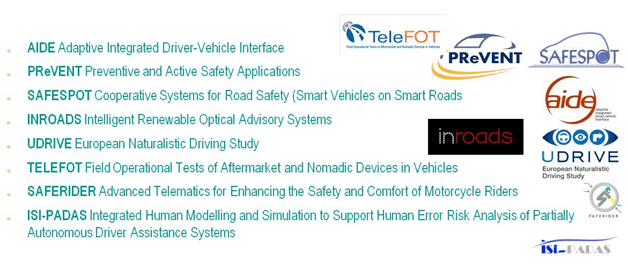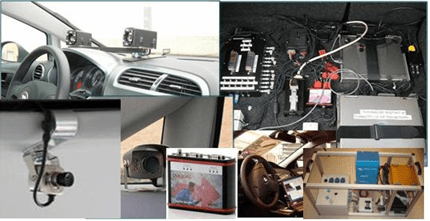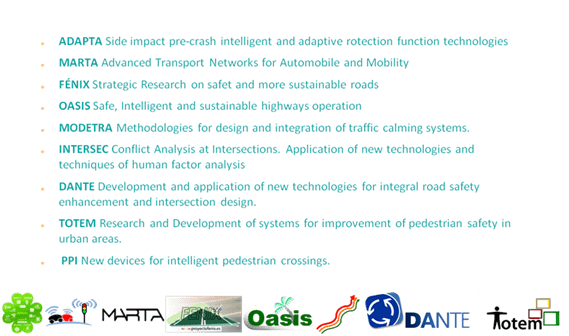Progressive autonomous vehicle functions and levels have a great opportunity to create significant benefits to society and economy. Vehicles equipped with this cutting-edge technology will likely reduce crashes, energy consumption and pollution, as well as reduce costs associated with congestion.
Additionally, the integration of intelligent technology in vehicles have a great potential for providing increased mobility for certain population that today have difficulties in getting a flexible and accessible mobility in urban and interurban modalities. Fully autonomous cars could also improve land use, and create new business models based in new car sharing and travel infotainment passenger customized services.
These benefits are a fantastic pillar for Automotive OEMs and Tier1, Technology companies and technological R&D providers, as well as Governments to launch a highly involved and enthusiastic resources investment in developing within a fast rate and high quality level new technology development activities, integration and wide in-depth validation of electronic functions for qualifying cars in the track of a full autonomous vehicle.
Full target achievement will be a question of time taking into account the technology development rate in this field during last decade. Meanwhile, many challenges have still to be solved and managed from different perspectives. This is the reason why CIDAUT has reinforced his compromise with the involvement in technological advance.
CIDAUT’s vision of participation and involvement in progressive automatic pilot electronic functionalities is based in our positive background of knowledge capitalization due to our participation and contribution to international and national R&D activities and internal product, services and knowledge generation.
Main topics within CIDAUT strong background perspective related to automatic electronic functions development and integration are:
- Design, development, and data processing & analysis of FOT and Naturalistic studies for the requirements in-depth evaluation and user acceptance from a cognitive and physic perspective.
- Tests and studies in driver simulator lab
- Architecture definition and instrumentation of HW/SW for experimental vehicles.
- HMI system development fitted to driver environment and user requirements
- Mobile Apps Development integrating with high engineering content integrating connectivity and geolocalization features.
- Computational Vision: Function development of partial automation vision based sensors. RT Online Video processing and feature information extraction. Integration in experimental vehicles.
- Driver monitoring and attention management system development vision sensor and sensor data fusion based.
- Virtual predefinition of ADAS – EM actuators and vehicular dynamics integration.
- Development of ITS technologies in roadway infrastructure for all road users safety enhancement. Support measures for progressive automatic vehicles.
These practices have been put for the benefit and have been feed backed by a balanced participation in R&D projects contributing to the global state of the art in the field. As an example we have proudly participated in the following initiatives:
These contributions were consolidated within EU 6th and 7th FP, and those were projects that started the track to progressive automation of vehicles. CIDAUT participation was focused in key aspects such as: human factor and driver cognitive ergonomics, HMI systems, application and functions development and technology evaluation by means of extensive FOTs and testing in driving simulator lab.
Additionally, the participation of CIDAUT within Spanish National R&D projects can be summarized in next figure:
Thanks to these initiatives where CIDAUT has been working with the greatest involvement and enthusiastic illusion, we are proud to say that we are on the track of the future automatic pilot vehicles.
And from this point forward, we will continue increasing our efforts for moving towards the vehicle fatalities zero vision and mobility efficiency.
